Smart Home AI: Revolutionizing Modern Living Spaces
Summary:
- AI-Driven Control: Smart home AI uses voice assistants (Alexa, Google Assistant, Siri) and machine learning to automate and optimize lighting, locks, thermostats, appliances, and more.
- Personalized Automation: Systems learn your routines—adjusting temperature at night, dimming lights for movies, or running predictive maintenance to prevent appliance failures.
- Enhanced Security & Wellness: AI-powered cameras, smart locks, and sensors offer facial recognition, real-time alerts, and health monitoring (air quality, sleep patterns), boosting safety and comfort.
- Energy Efficiency: Smart thermostats and lighting detect occupancy and usage patterns to cut energy waste—lowering bills and environmental impact without manual input.
- Seamless Integration: Platforms like Google Home, Apple HomeKit, and emerging standards (Matter, edge computing) enable cross-brand interoperability and future-proof, local AI processing for privacy and speed.
Artificial intelligence is now a reality, and smart home AI is leading the charge—combining convenience, security, efficiency, and personalization. Rapid advances in this tech are helping both homeowners and developers boost comfort, cut energy use, and automate daily tasks.
This guide shows how smart home AI reshapes daily life—automating appliances, enhancing security, saving energy, and predicting maintenance—while running on advanced deep-learning and machine-learning algorithms.
What is Smart Home AI?

At its core, smart home AI refers to the use of artificial intelligence to manage, automate, and optimize home systems and devices. These AI systems can analyze data from various electronic devices, make informed decisions, and learn from behavior patterns to deliver a personalized home environment.
Rather than relying on manual input, these systems can respond to voice commands, anticipate needs, and control home devices using generative AI tools or large language models. AI-driven voice assistants, such as Alexa or Google Assistant, enable users to control devices throughout the home using voice commands, making it easy to operate various smart devices hands-free. AI works with technologies such as natural language processing, voice recognition, and machine learning to provide intuitive control and seamless interaction.
Key Components of AI in Smart Homes
AI-powered virtual assistants have quickly become a staple in countless households, enhancing our daily lives with their intelligence and convenience. Leading the pack are well-known virtual assistants that have become enormously popular with users, such as Apple's Siri, Google Assistant, and Amazon Alexa.
These intelligent voice-controlled systems bring a whole new level of interactivity to our homes. With just a simple voice command, we can ask for their assistance to answer questions, provide information, and offer helpful insights. Need to know the weather forecast or the latest news updates? Just ask your virtual assistant, and they’ll promptly deliver the information you’re looking for.
Voice Assistants and Natural Language Processing

Voice assistants like Google Assistant, Amazon Alexa, and Apple's Siri are foundational tools in AI-driven homes. These devices use natural language processing to interpret and execute spoken commands. With simple voice commands, you can control lighting, lock doors, adjust the thermostat, or play music.
Smart speakers such as Google Nest and Google Home support hands-free operations and integrate with other smart devices over Wi-Fi to offer full smart home automation.
Smart Home Devices and Systems

AI is embedded in a wide range of smart home devices, including:
- Smart locks: Allow remote or biometric access and offer advanced home security features.
- Smart lighting: Automatically adjust brightness and color based on time, mood, or activity.
- Smart thermostats: Optimize heating and cooling based on user preferences and presence.
- Motion sensors: Detect movement and enable or disable systems as needed.
- Washing machines: Some models now use AI technology to detect fabric types, soiling levels, and adjust cycles accordingly.
- Smart cameras: Help you monitor your house and surroundings
Together, these devices form intelligent, interconnected smart home systems that adapt to your lifestyle. Smart home systems enable seamless communication and integration between different devices, regardless of brand or protocol, creating a more personalized and integrated user experience.
Generative AI Tools and Learning Models
Using advanced AI and machine learning, smart home systems can predict behavior and automate repetitive tasks. For instance, your thermostat may recognize that you typically lower the temperature at night, and your lighting system might dim automatically during movie hours.
An AI model integrates artificial intelligence into smart home systems, enabling decision-making, automation, and seamless interoperability between devices.

These capabilities rely on AI models that digest massive volumes of data, learn from past interactions, and apply insights to improve future performance. This continual learning enhances the system’s accuracy, responsiveness, and efficiency.
The Evolution of Smart Homes
The journey of smart homes has been nothing short of revolutionary, thanks to rapid advancements in artificial intelligence and smart home technology. What began as simple automation—like programmable thermostats and timers—has evolved into fully integrated, AI-powered smart homes that can learn and adapt to our lifestyles. Early innovations such as smart lighting and basic home devices paved the way for more sophisticated systems that respond to user preferences and optimize energy use. Today, smart home devices can communicate with each other, analyze data, and make intelligent decisions to create energy efficient living spaces. The integration of AI in smart homes has transformed them from passive environments into proactive partners in daily life, continually enhancing comfort, convenience, and sustainability.
The Key Benefits and Value of Smart Home AI
AI-powered smart homes are reshaping the way we interact with our living spaces. With seamless integration of automation, learning, and connectivity, these homes offer practical and lifestyle-enhancing advantages. From slashing utility bills to reinforcing home safety, the benefits of AI in smart homes are both immediate and long-lasting.
Energy Management and Efficiency
One of the strongest incentives to adopt AI in smart homes is energy savings. Smart thermostats and lighting systems automatically adjust usage, leading to reduced energy consumption and lower utility bills. Devices detect when a room is vacant or occupied and adjust settings accordingly, making homes more energy efficient. Another way to lower the power bills is to add a solar panel to your smart devices.
Example: A smart thermostat connected to your Google Home can reduce heating when you're away and resume comfort settings just before you return—thanks to AI models trained on your routines.
Enhanced Security
Smart home security systems powered by AI offer robust protection. Cameras with voice recognition and facial identification distinguish between familiar and unfamiliar individuals. Smart locks add layers of security by supporting keyless entry and real-time alerts. These systems often integrate with other smart technologies to automate alarms, floodlights, and notifications.
Intelligent Automation and Predictive Maintenance
AI technology enables intelligent automation that goes beyond routine scheduling. AI identifies behavioral patterns, adapts settings automatically, and offers predictive maintenance—notifying you when appliances or home systems show signs of wear. This helps avoid costly repairs and extends device life.
Improved Comfort and Lifestyle
From customized lighting to climate control, AI-powered smart homes enhance comfort and convenience. AI adapts to your sleep patterns, mood, and usage habits, ensuring your environment always suits your needs.
Example: Smart beds monitor sleep patterns and adjust firmness or temperature for optimal rest.
Health and Wellness Monitoring in Smart Homes
Modern smart homes are not just about convenience—they are also powerful tools for promoting health and wellness. With the help of AI technology and advanced smart home devices, residents can enjoy a safer and healthier living environment. For example, smart lighting systems can mimic natural daylight to help regulate sleep patterns and support overall well-being. AI-powered home devices can monitor air quality, track temperature and humidity, and even detect allergens, ensuring optimal indoor conditions. Smart home security systems equipped with machine learning algorithms can identify unusual activity, detect falls, or send alerts in case of emergencies, providing peace of mind for families and caregivers. By analyzing data from various sensors, smart homes can offer personalized recommendations to improve sleep, comfort, and safety—making wellness an integral part of everyday living.
How to Integrate AI into Your Smart Home

Looking to bring the power of artificial intelligence into your daily routine? Modern smart home AI makes it easier than ever to personalize your space, reduce energy waste, and simplify home management. Whether you're new to smart technology or expanding your existing setup, these steps will guide you to a smarter, more efficient home.
- Start with a voice assistant like Google Assistant or Apple's Siri to create a central control hub.
- Choose compatible devices: Ensure your smart devices support integration via platforms like Google Home, SmartThings, or Apple HomeKit.
- Establish Wi-Fi connectivity: Reliable Wi-Fi is the backbone of any smart home tech setup and is essential for real-time communication between electronic devices.
- Create automation routines: Use apps or built-in features to automate lighting, temperature, or security systems, reducing the need for manual control.
- Allow learning: Enable machine learning features to help your AI systems recognize your routines and make smart predictions.
Smart Home Installation and Setup
Setting up a smart home system is an exciting process that starts with careful planning and the right selection of technology. Begin by identifying your needs and the areas where smart home technology can make the biggest impact—whether it’s energy savings, security, or convenience. Choose smart home devices such as smart thermostats, lighting systems, and security cameras that are compatible with your preferred platform, like Google Assistant, Amazon Alexa, or Apple’s Siri. Ensure all home devices are connected to a reliable Wi-Fi network, as this is essential for seamless communication and automation. During installation, configure your AI system and voice assistants to recognize user preferences, allowing your smart home to learn and adapt over time. With thoughtful setup, you can create a connected environment that responds intuitively to your lifestyle.
Smart Home AI in Commercial Real Estate
Beyond residential settings, smart home AI is gaining traction in commercial real estate. Office buildings, apartment complexes, and hotels are adopting AI technologies for:
- Centralized energy management
- Enhanced security systems
- Remote control of lighting, HVAC, and access systems
- Tailored tenant experiences through smart technology and AI applications
By offering AI powered smart homes in multi-unit developments, property managers can boost market value, lower operational costs, and attract tech-savvy tenants who expect integrated smart technologies.
Privacy and Security in Smart Homes AI
The reliance on data in AI systems raises legitimate privacy concerns. Your smart home devices may track movement, speech, routines, and even sleep patterns. To address this:
- Use devices with strong encryption and security protocols.
- Adjust privacy settings to limit data sharing.
- Choose brands that offer transparency, localized data storage, and regular security updates.
Transparency, consent, and security are essential when deploying smart technologies in private spaces, especially as AI models become more advanced and integral to everyday home functions.
Maintenance and Troubleshooting for Smart Home AI
Keeping your smart home running smoothly requires regular maintenance and proactive troubleshooting. Make it a habit to update your smart home systems and AI system software to the latest versions, which helps protect against security vulnerabilities and ensures optimal performance. Periodically check the connections between home systems and devices, monitor network stability, and review system logs for any irregularities. Many AI systems are equipped with self-diagnostic features that can alert you to potential issues and offer troubleshooting tips. If problems arise, consult user manuals, explore online support forums, or reach out to customer service for expert guidance. By staying vigilant and addressing minor issues promptly, you can ensure your smart home continues to deliver convenience, security, and efficiency.
The Future of AI in Smart Homes

As the smart home industry continues to grow, exciting innovations lie ahead. The future of smart home AI will be characterized by more seamless integrations, greater user autonomy, and increased security. These trends reflect the potential of advanced AI, machine learning, and generative AI tools to make homes smarter, safer, and more energy efficient than ever.
- Unified Smart Ecosystems: One of the most promising trends is the unification of smart ecosystems. Platforms like Google Home and Apple HomeKit are making it easier to manage all the devices from a single app. The future points to home automation that requires minimal manual input and maximum interoperability, allowing smart home devices to work in sync across brands and platforms.
- Edge Computing and Local AI Models: Another exciting development is the shift toward edge computing, where processing occurs directly on devices rather than in the cloud. This model improves response time, reduces Wi-Fi bandwidth usage, and enhances privacy. As AI models become more sophisticated, local AI systems will power decisions quickly and securely within your home.
- AI-Powered Robots and Home Assistants: The next generation of voice assistants will do more than respond to commands—they’ll anticipate needs and take proactive steps. We’re also seeing a rise in multi-functional home robots that clean, fetch items, monitor environments, and even control other devices. These robots rely on machine learning algorithms to adapt to your preferences and perform increasingly complex tasks.
-
AI in the Kitchen and Laundry: AI is also making everyday chores smarter. In kitchens and laundry rooms, AI in smart homes enables home appliances like fridges and washing machines to detect load sizes, track food inventory, suggest meals, and select optimal cycles—improving efficiency while minimizing resource use.
Tip: Many smart fridges now remind users about expiration dates and recommend recipes based on what’s inside.
Challenges in Smart Home AI Adoption

While the promise of smart home AI is revolutionary, achieving widespread adoption presents its own set of hurdles. Many homeowners and developers are eager to integrate AI technologies, but real-world limitations can slow progress. Addressing these challenges is crucial to advancing smart home automation and creating truly connected, intelligent homes.
- Cost: Initial setup can be expensive, although long-term energy savings help offset it. High-end smart devices, smart locks, and AI-powered appliances can carry premium prices.
- Complexity: Not all smart home systems work well together without a unified ecosystem. Compatibility issues between electronic devices can create frustration during setup.
- Privacy concerns: Continuous monitoring may deter some users. Devices that collect voice, video, and behavioral data require transparent practices and robust security protocols.
- System failures: Like all home systems, AI models and platforms are vulnerable to bugs, outages, or poor internet connectivity, which can disrupt critical functions such as home security or climate control.
To overcome these issues, industry players must prioritize interoperability, user education, and ethical AI use, while consumers should adopt a step-by-step approach to integrating smart technologies in their homes.
Conclusion
AI in smart homes is not just about technology—it’s about improving the way we live. By leveraging smart devices, voice control, remote control, and AI models, we can create living spaces that are secure, efficient, and remarkably responsive.
The rise of smart home AI in both residential and commercial real estate sectors signals a shift toward a future where your environment understands and adapts to you. Whether you're looking to play music, monitor energy consumed, or secure your property with a smart lock, the possibilities of AI applications in smart home tech are nearly limitless.
As the market continues to evolve, staying informed and proactive is the best way to ensure your home benefits from the full power of AI technologies.
FAQ
What is AI in smart home?
AI in smart homes uses intelligent automation and learning algorithms to manage devices, optimize energy, and enhance convenience.
What is the best AI for home?
Top choices include Google Assistant, Amazon Alexa, and Apple’s Siri, which support a wide range of smart home devices.
How close are we to a completely AI-controlled house?
We are closer than ever to realizing the vision of a fully AI-controlled house. Thanks to breakthroughs in AI technology, natural language processing, and machine learning, today’s smart home systems can automate and manage a wide range of home functions. Smart home devices now learn from user behavior, adapt to changing routines, and respond to voice commands with impressive accuracy. While there are still some limitations, such as interoperability between different brands and the need for further advancements in AI, the foundation for fully autonomous smart homes is already in place. As AI technology continues to mature, we can expect smart home systems and home devices to become even more intuitive, seamlessly anticipating and fulfilling our needs for a truly intelligent living experience.
How close are we to a completely AI-controlled house?
Many homes already use AI to manage lighting, climate, security, and media. Full integration is becoming more feasible with each innovation.
What are the privacy risks associated with AI in smart homes?
AI systems collect data like movement and speech. Users should manage settings, use secure networks, and choose reputable brands.
Can AI devices from different brands work together?
Yes, thanks to standards like Matter and platforms like Google Home, most devices can now communicate and work seamlessly.


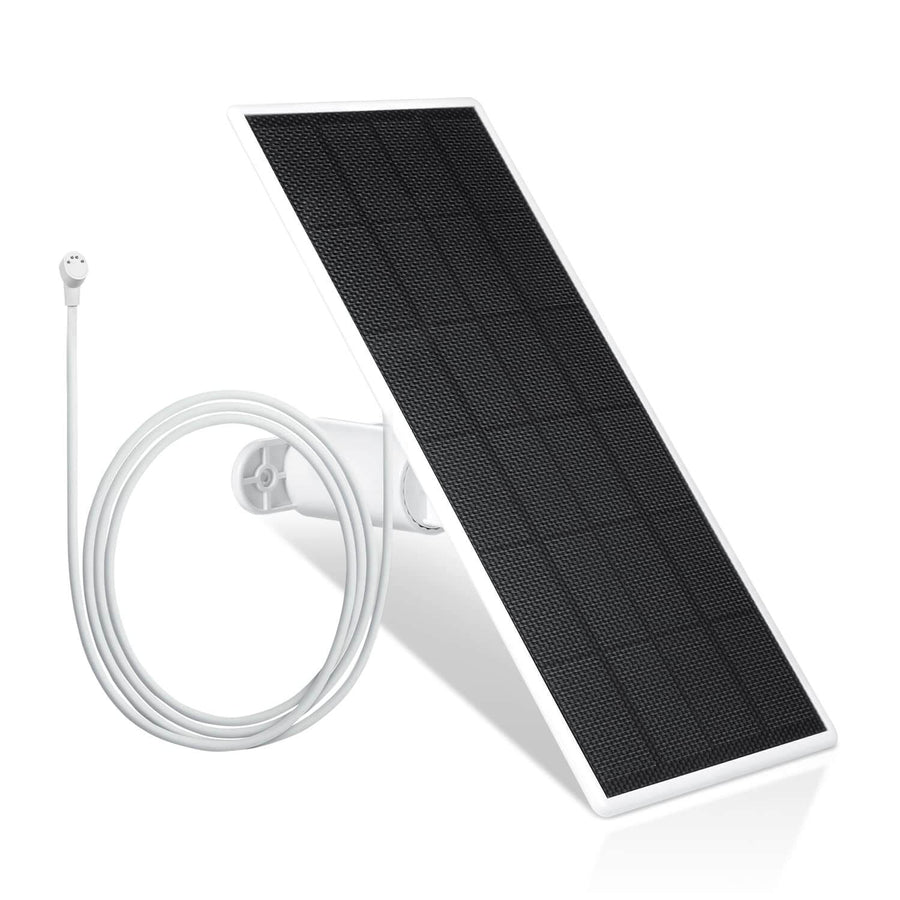

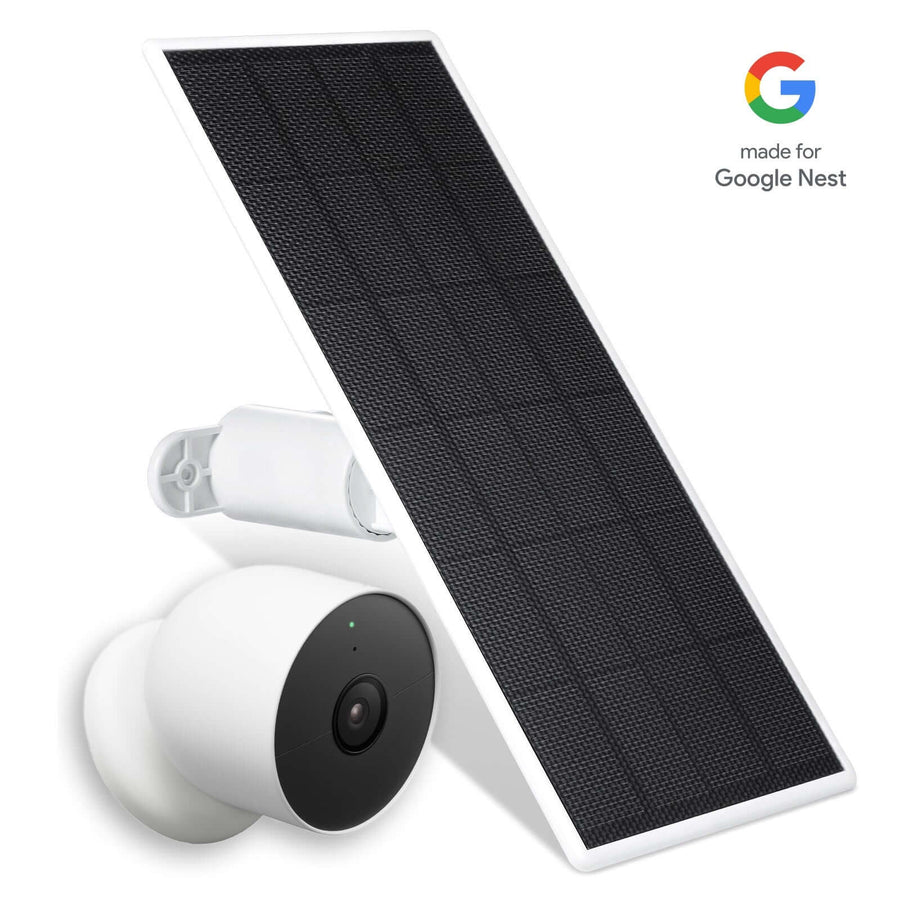
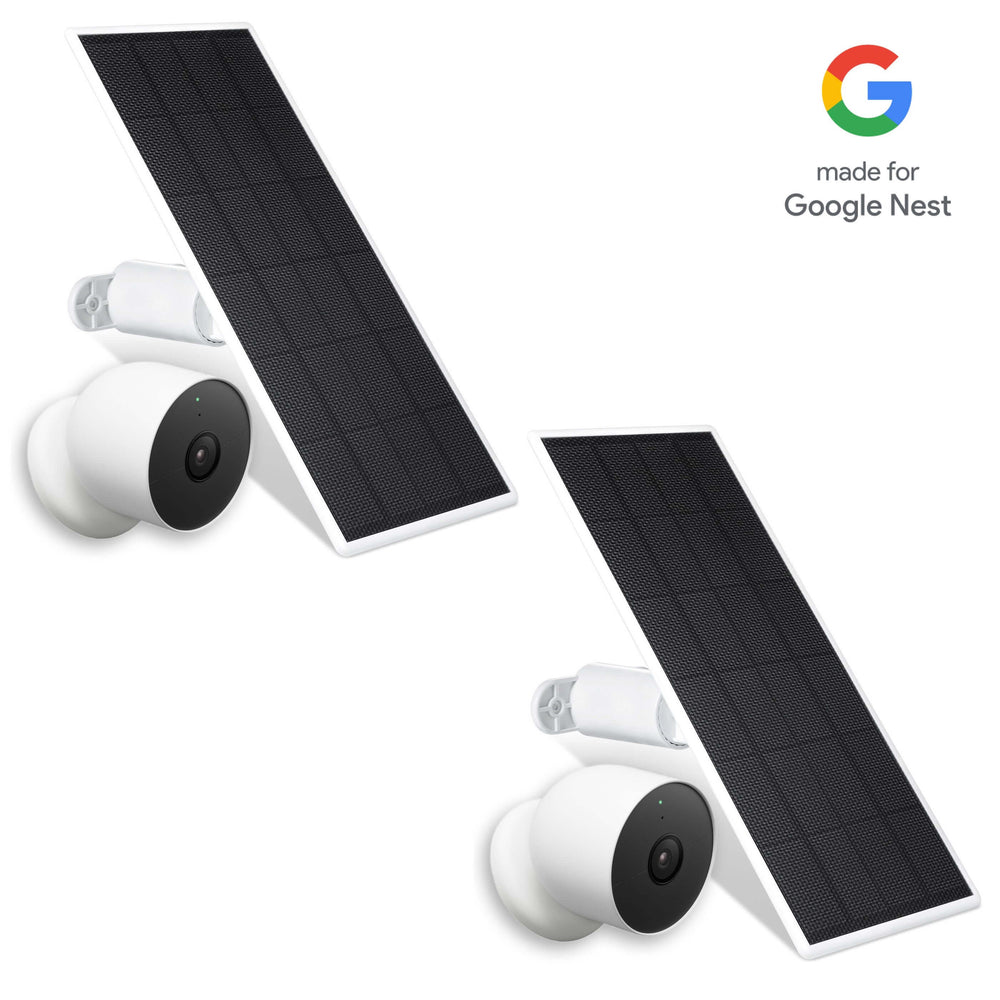
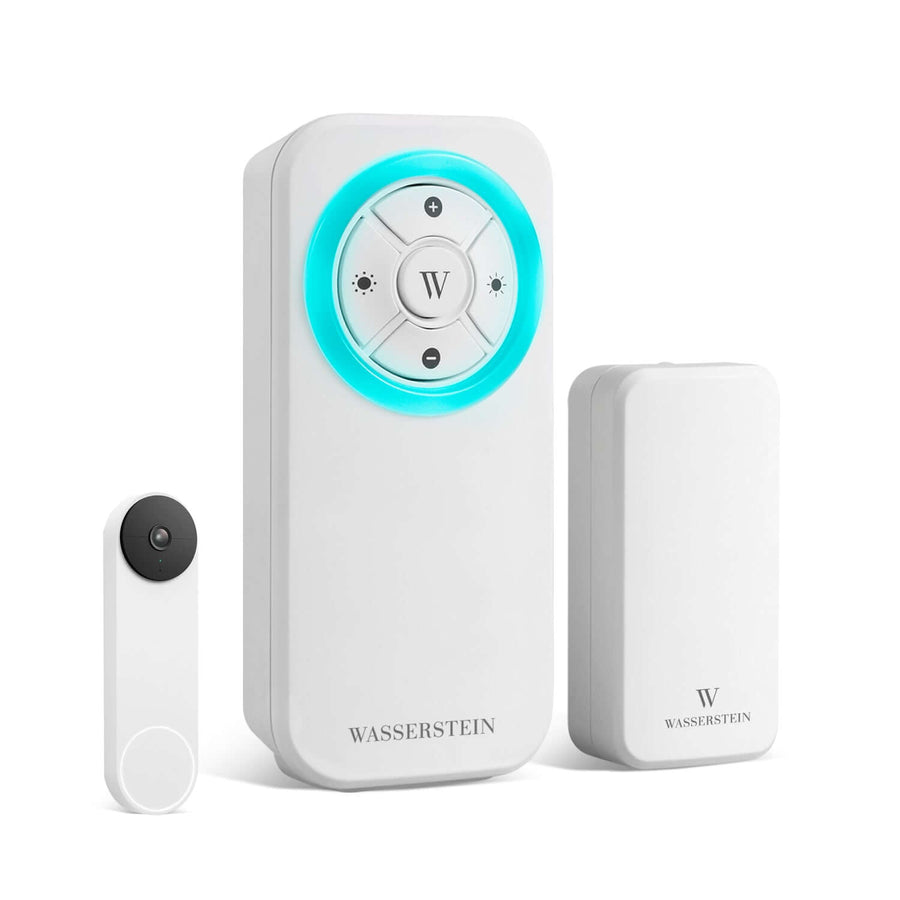
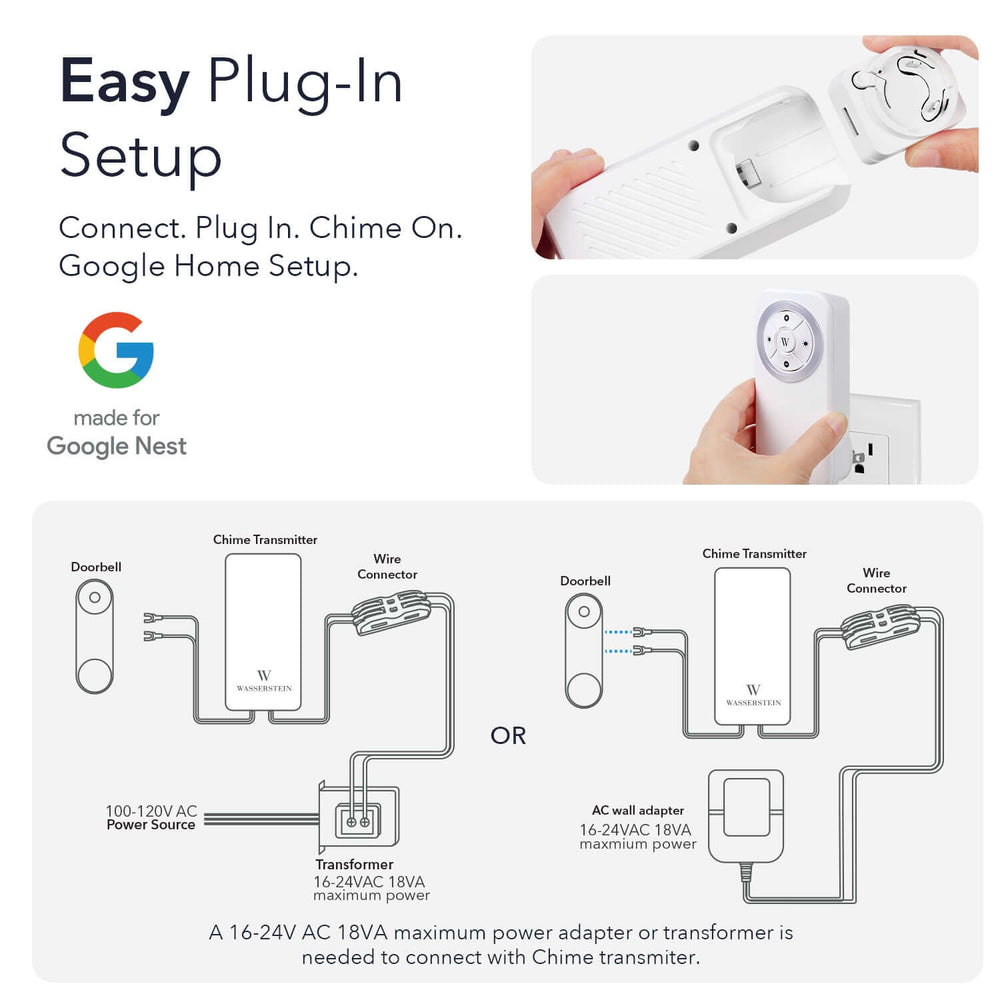
Leave a comment